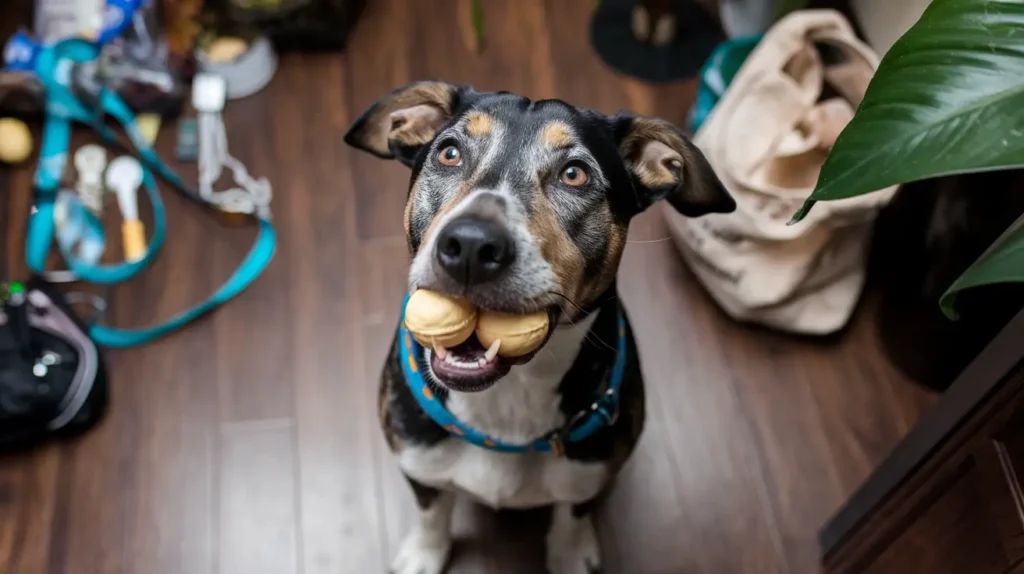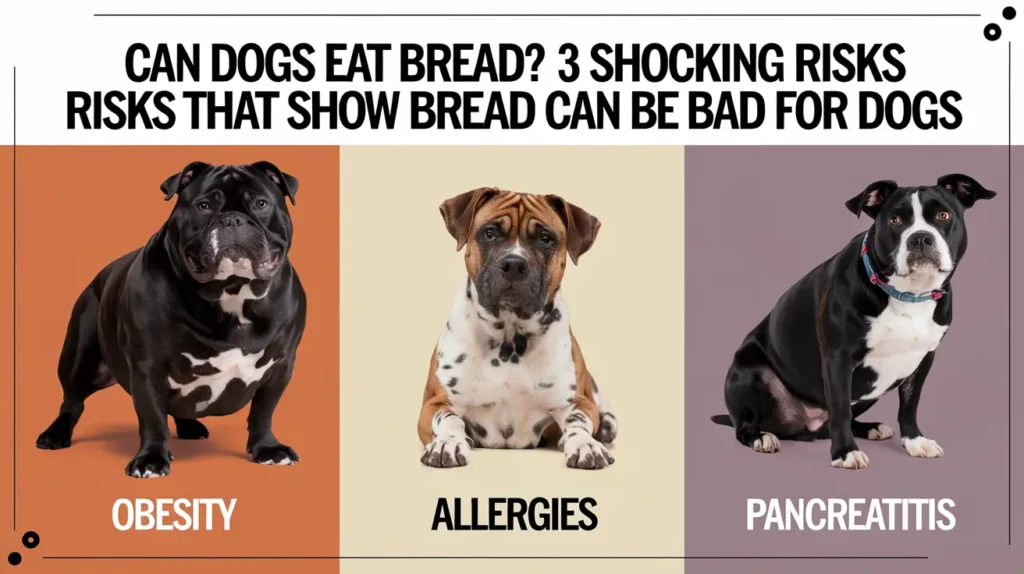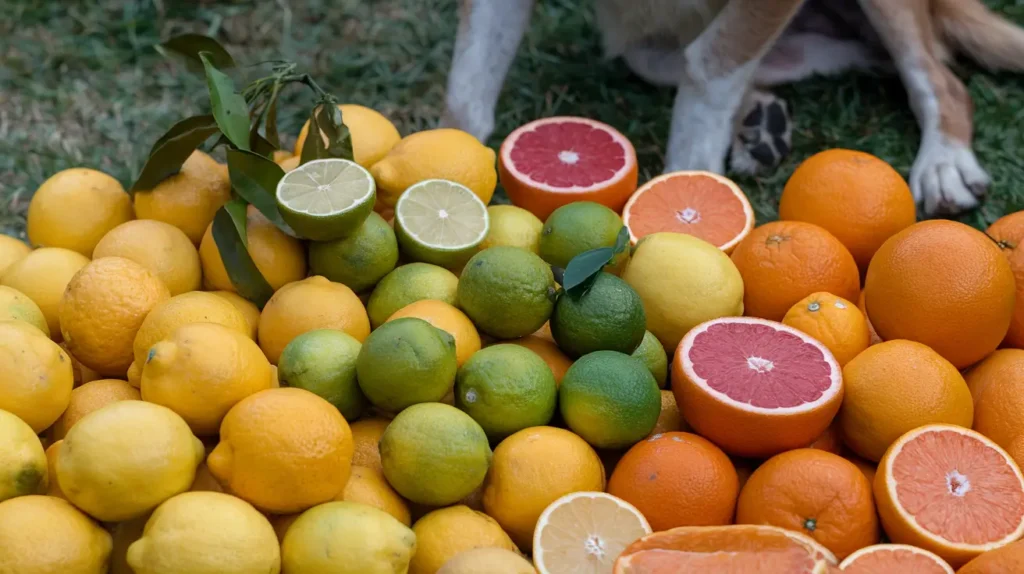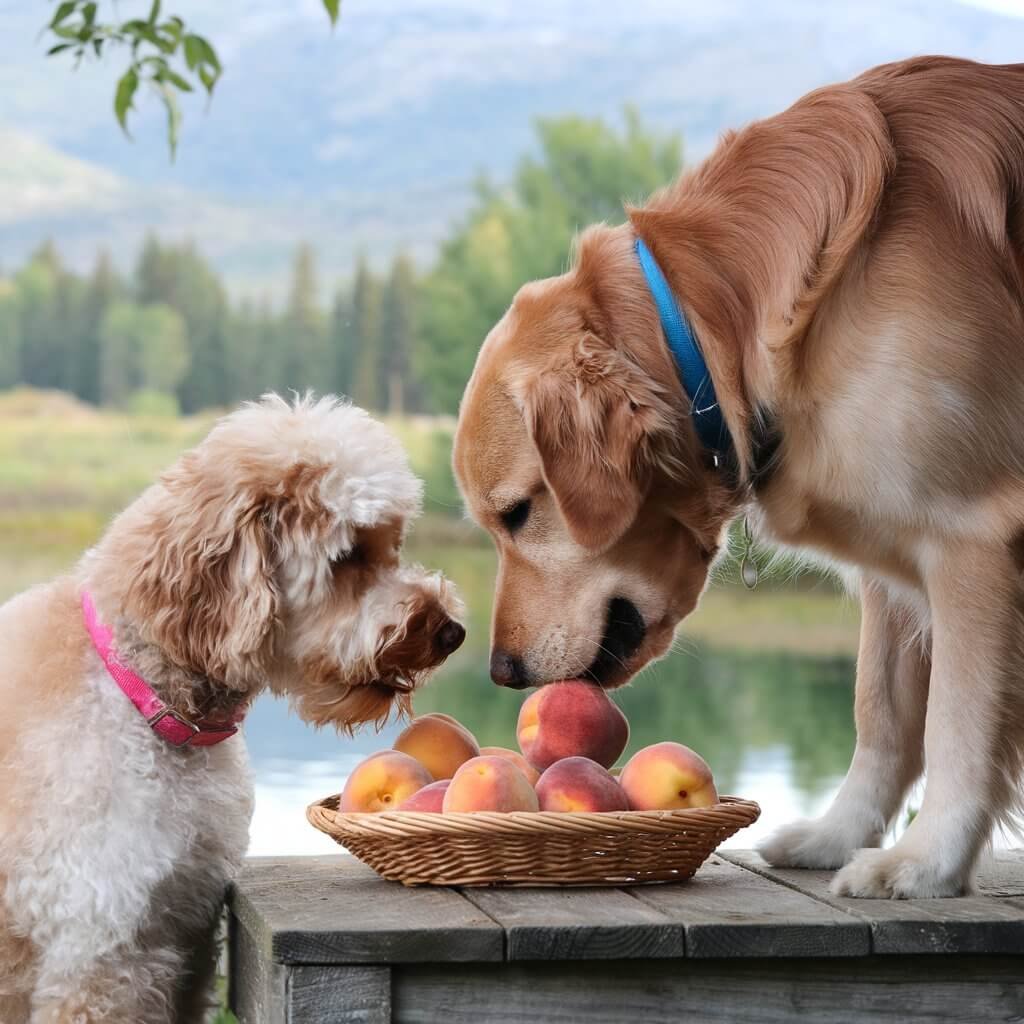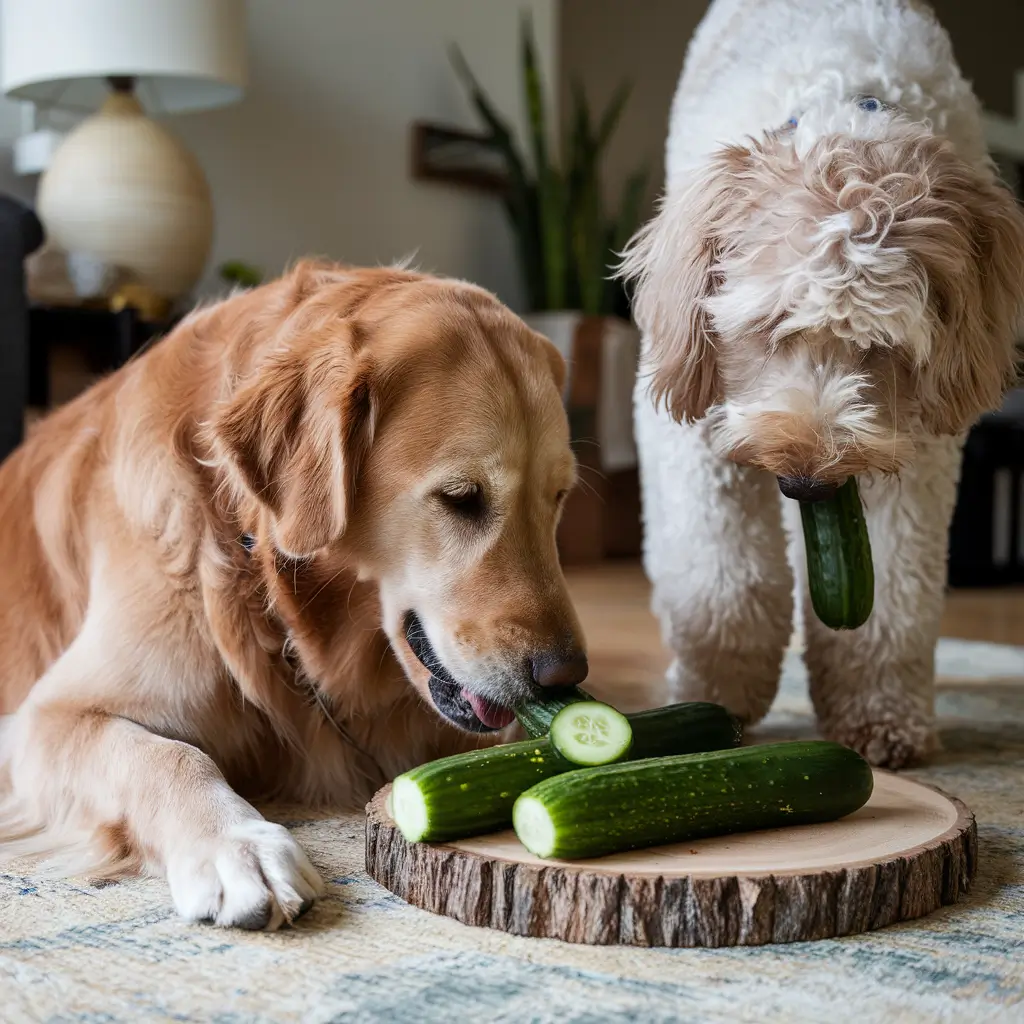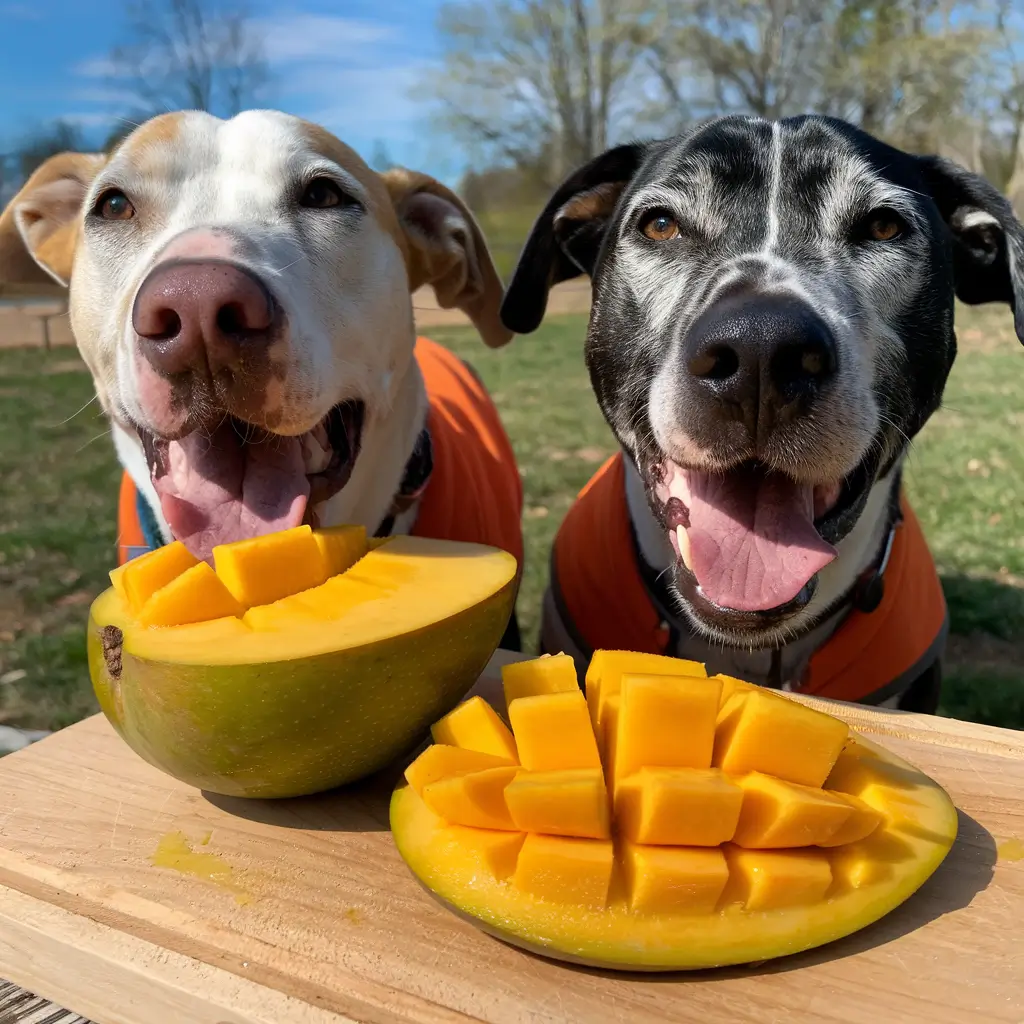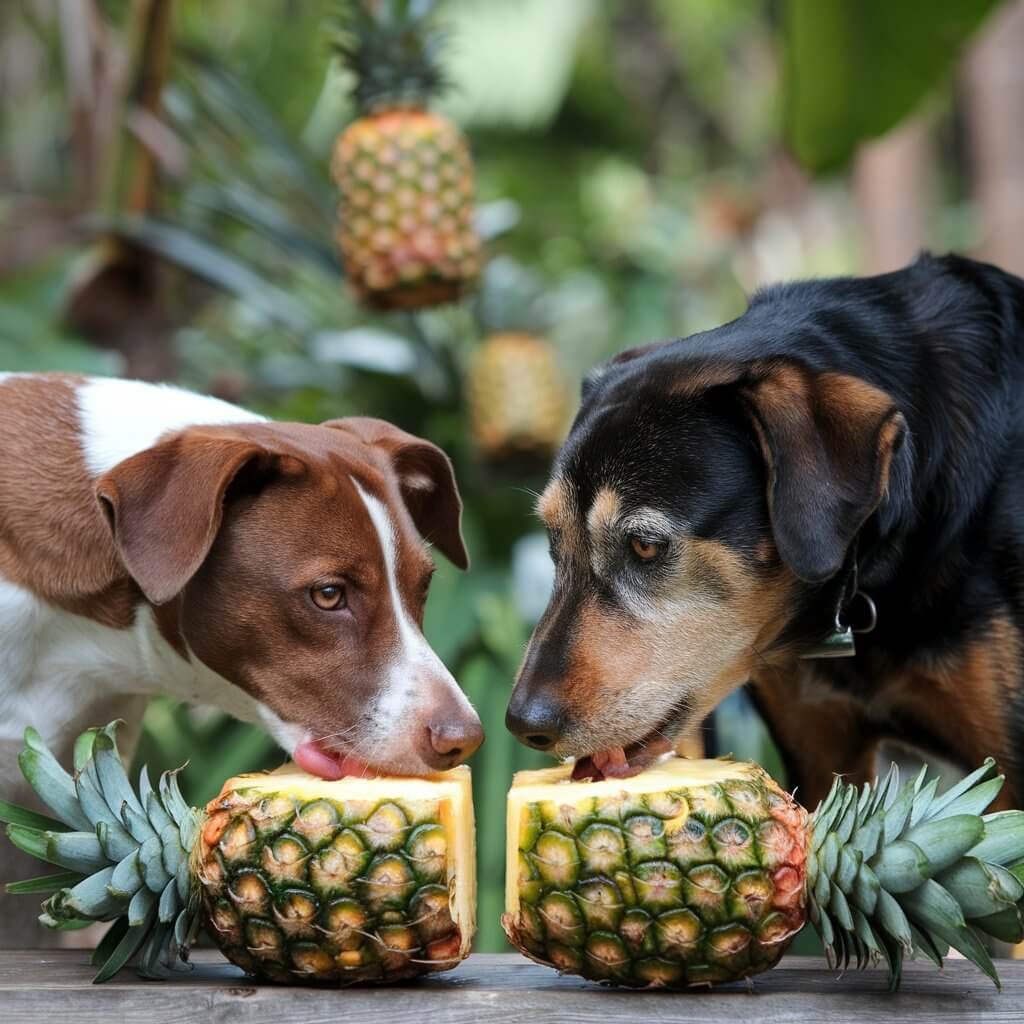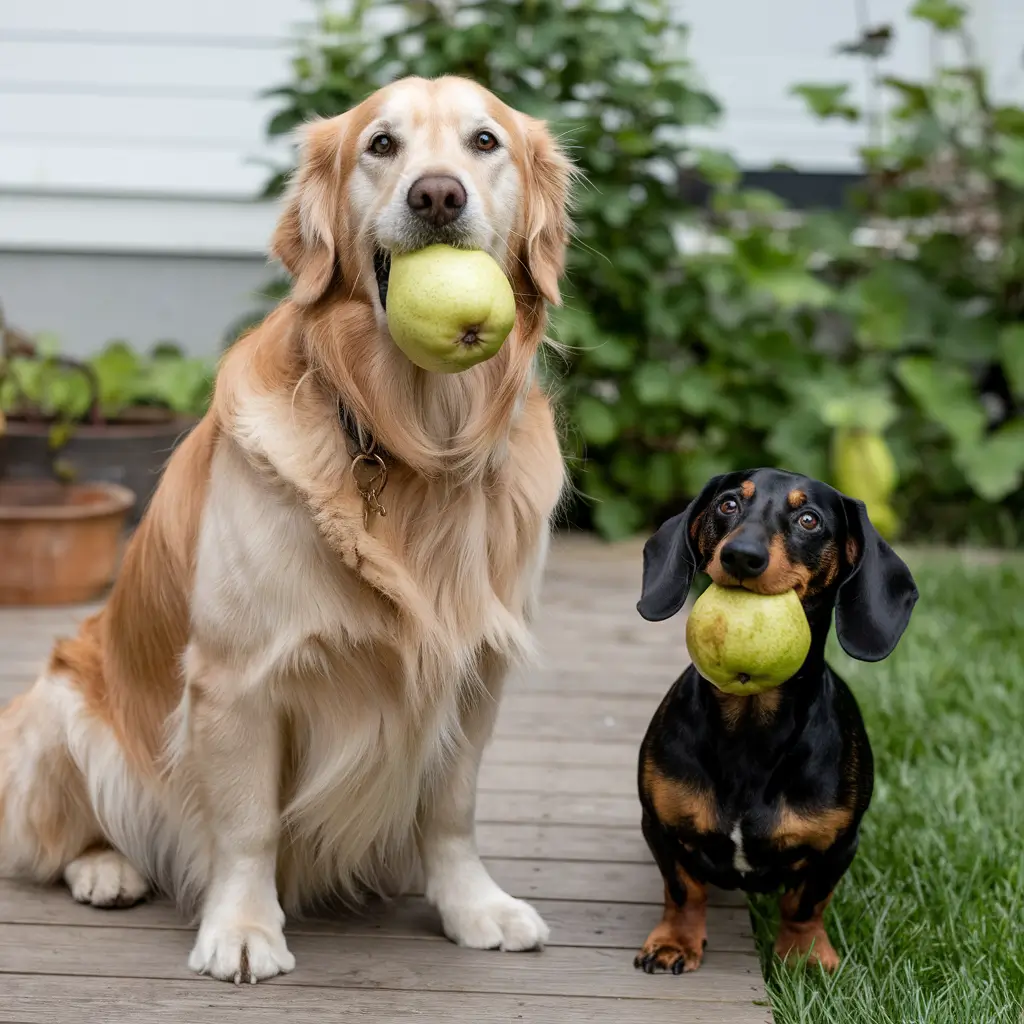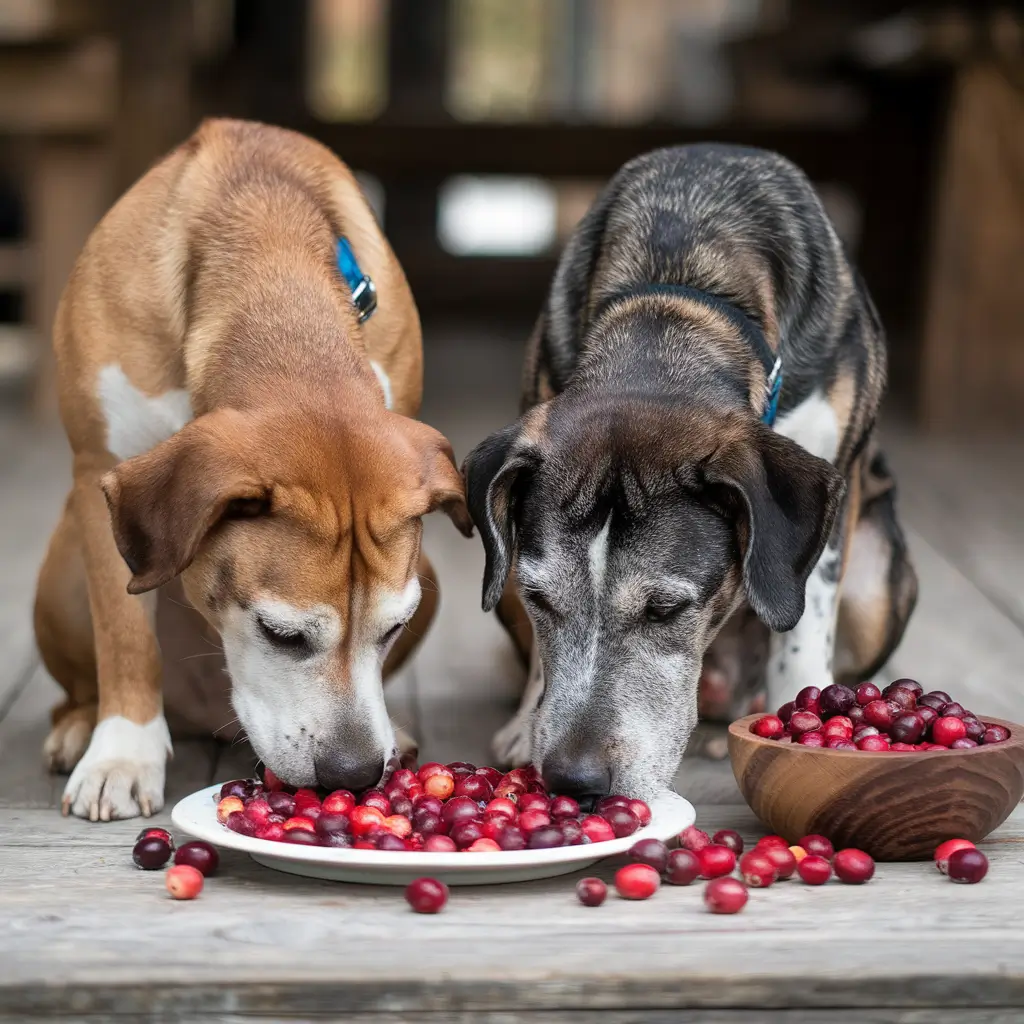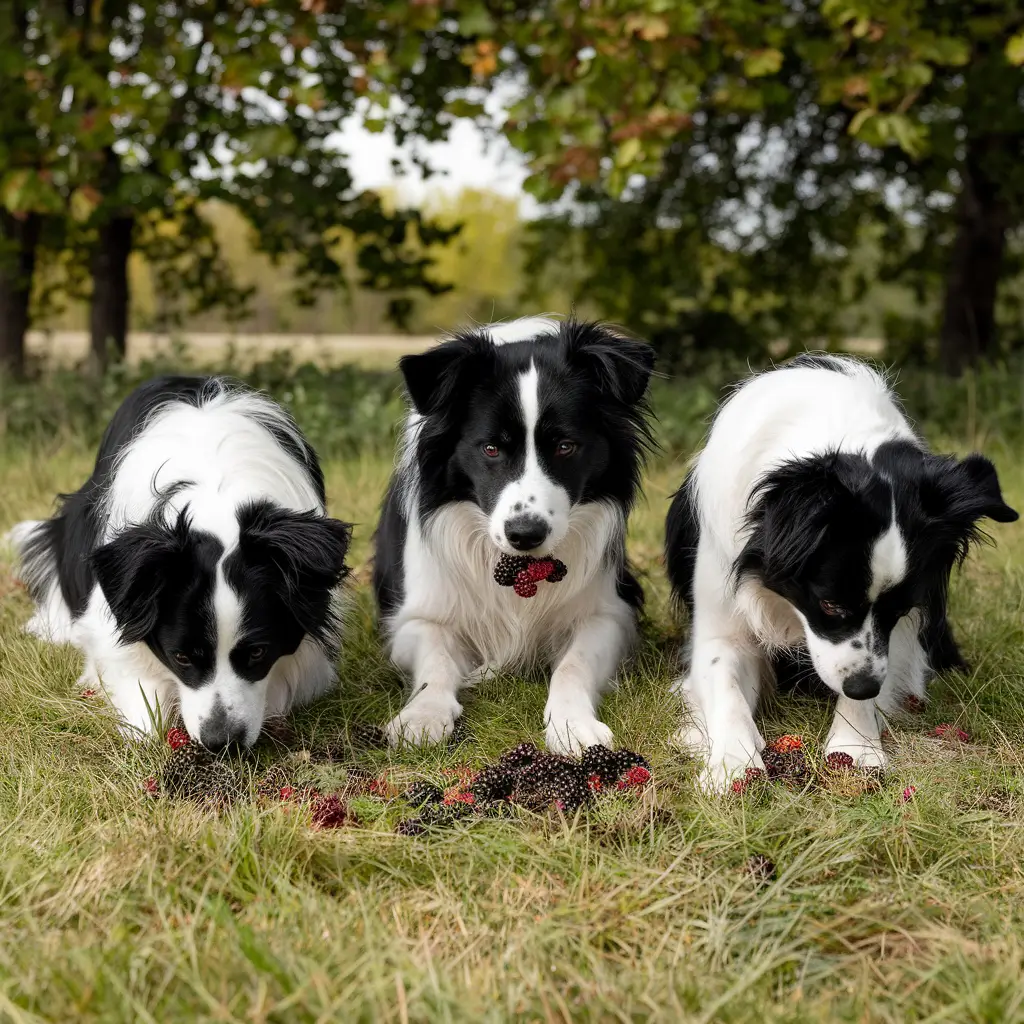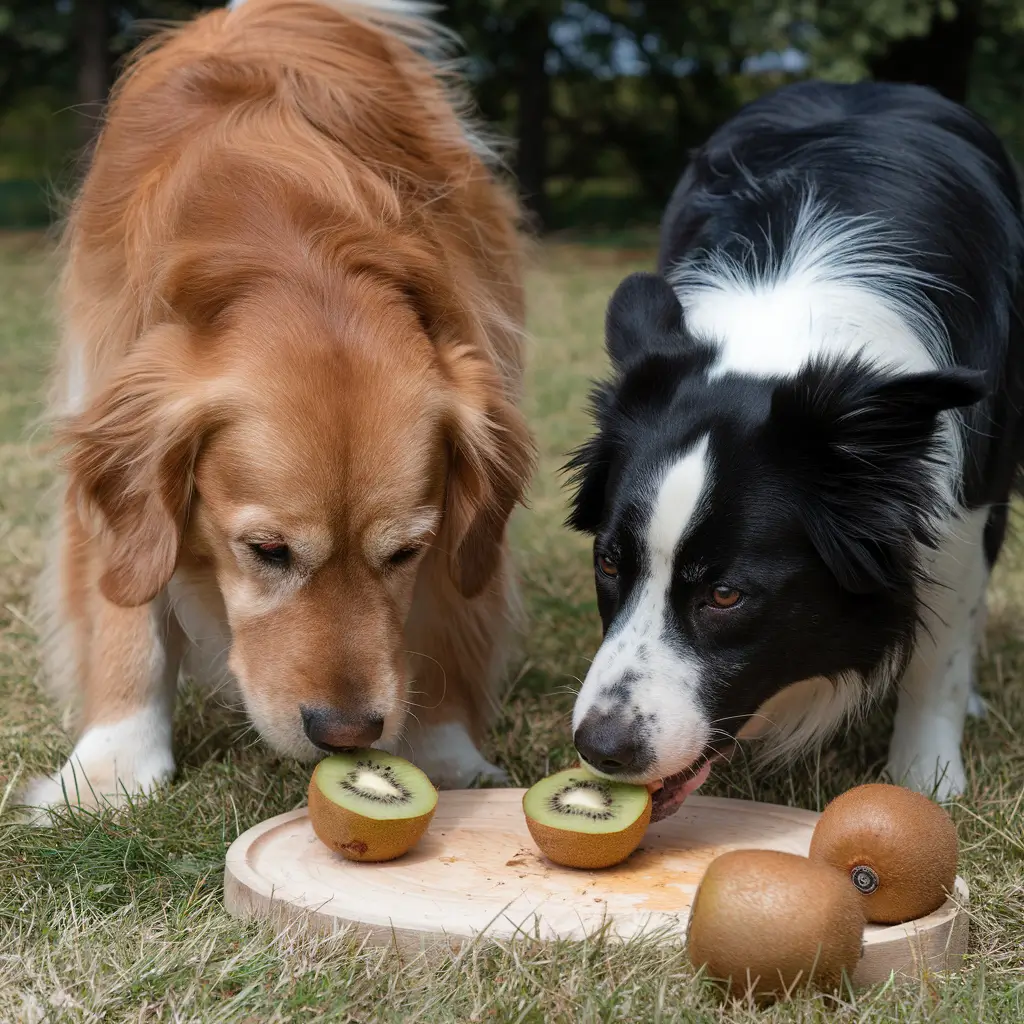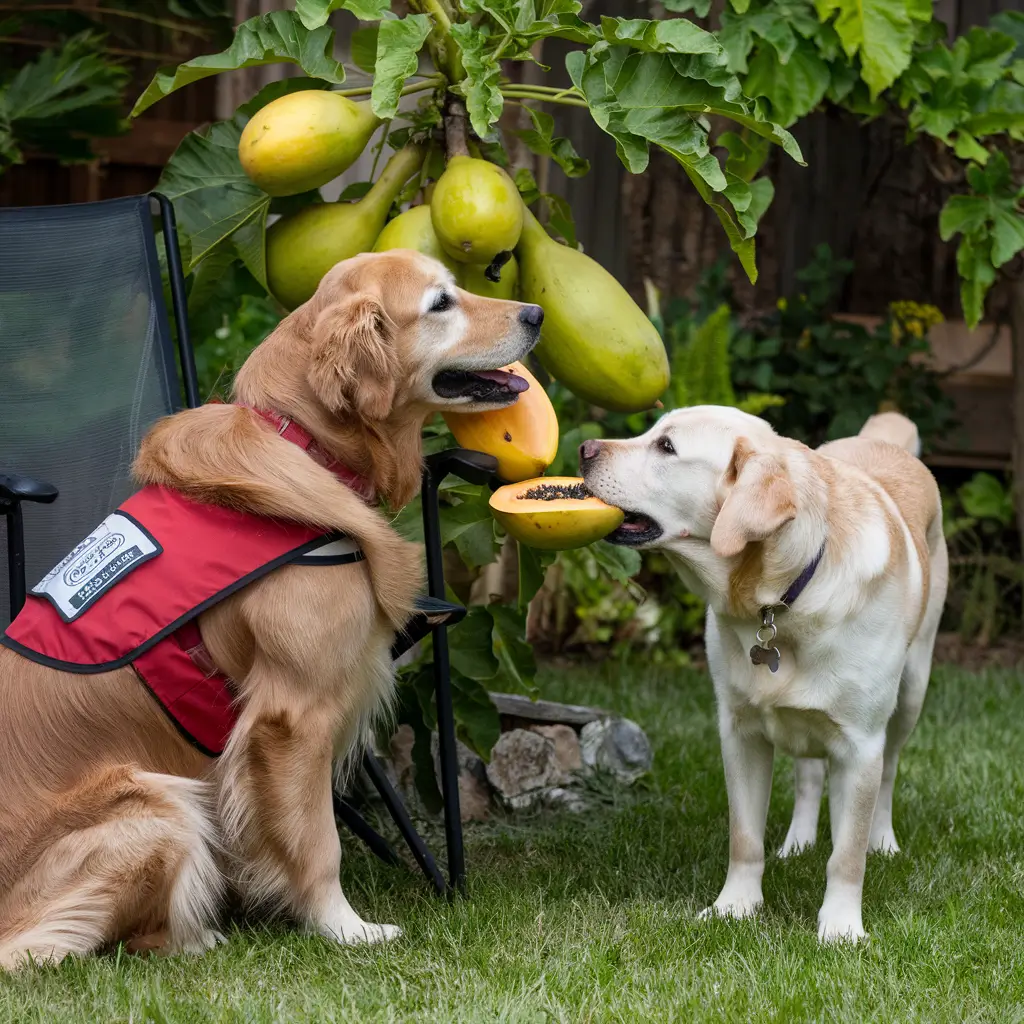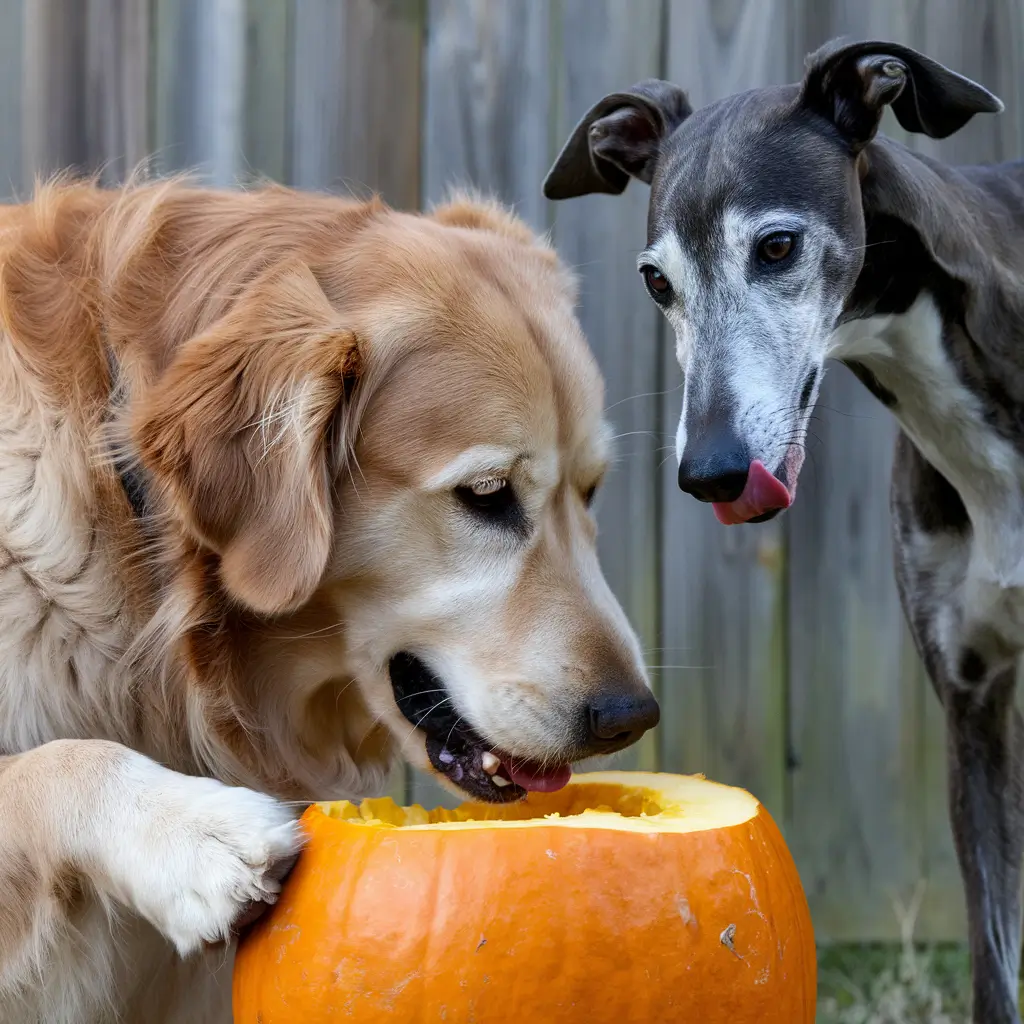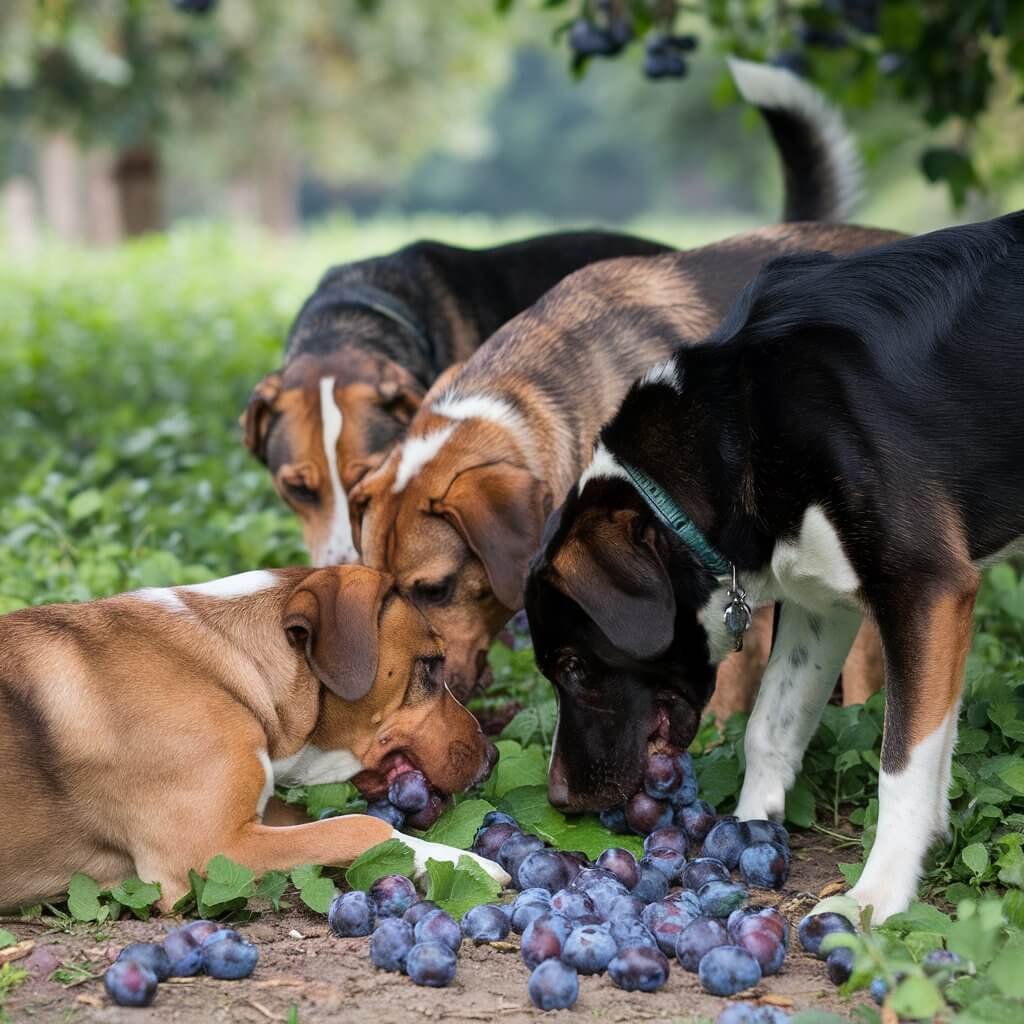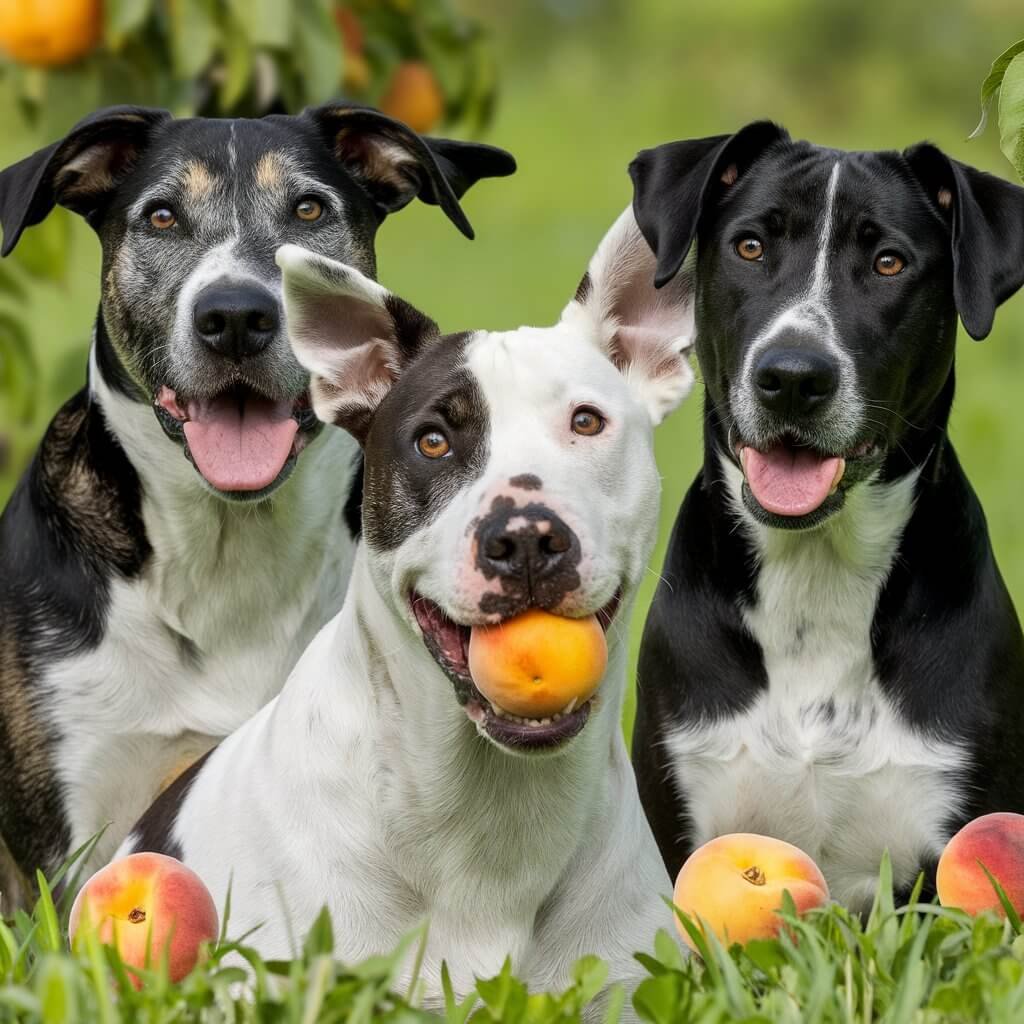What Human Food Can Dogs Eat?
Dogs are more than just pets—they are family. As dog owners, we want to ensure they enjoy a variety of safe and healthy foods. What Human Foods Dogs Can Eat is an important topic to understand, as not all human foods are safe for dogs. By knowing which foods are beneficial and which to avoid, you can provide your furry friend with treats that are both nutritious and enjoyable.
Some human foods that are good for dogs include:
- Fruits: Blueberries, apples (without seeds), watermelon (seedless), and bananas.
- Vegetables: Carrots, green beans, cucumbers, and sweet potatoes (cooked).
- Proteins: Cooked chicken, turkey, salmon, and eggs (fully cooked).
- Dairy: Plain yogurt and small amounts of cheese (if your dog is not lactose intolerant).
- Grains: Cooked rice, oatmeal, and quinoa.
Articles: Human Foods That Dogs Can Eat Safely
Can Dogs Eat Doritos? 4 Powerful Points That Shows Doritos Are Unsafe for Dogs
As pet owners, we often find ourselves tempted to share our snacks with our furry companions. One common question that arises is, “Can dogs eat Doritos?” No, dogs should not eat Doritos. While a small amount is unlikely to cause immediate harm, the ingredients in Doritos, such as high salt…
Can Dogs Eat Macadamia Nuts? 7 Solid Symptoms of Macadamia Nut Poisoning in Dogs
When it comes to feeding our dogs, we often look to share some of our favorite snacks with them. However, not everything that is safe for humans is equally harmless to dogs. The common question is that Can Dogs Eat Macadamia Nuts? the short answer is no, dogs should not…
Can Dogs Eat Sunflower Seeds? 6 Solid Reasons Dogs Eat Sunflower Kernels
When it comes to our furry companions, it’s natural to question the safety and benefits of the foods they consume. Sunflower seeds are a popular snack among humans, but Can dogs eat Sunflower seeds? Are Sunflower seed safe for dogs? Yes, dogs can eat sunflower seeds and sunflower seeds are…
Can Puppies Eat Bread? 3 Surprising Benefits Explained
Can Puppies Eat Bread? This is a question many pet owners ask when considering sharing their food with their furry friends. While bread is a common food in human diets, it’s essential to know whether it’s safe and beneficial for puppies. Understanding the potential risks and benefits will help you…
Can Dogs Eat Bread? 3 Shocking Risks That Show Bread Can Be Bad for Dogs
Can dogs eat bread? Is bread bad for dogs? These are common questions among pet owners. Bread is a staple in many households, and while dogs can eat bread, it should only be given in moderation and under certain conditions. Plain white or whole wheat bread is generally safe for…
What Citrus Is Toxic to Dogs? Top 4 Types That Are Toxic
Dogs are curious creatures, often eager to explore their surroundings, including the food we eat. While many fruits are safe for dogs in moderation, the question arises: What citrus is toxic to dogs? The answer lies in citrus fruits such as lemons, limes, and grapefruits, which contain compounds that can…
In this article, we explore the human foods dogs can eat, provide clear guidelines, and answer common questions to help you make informed decisions about your dog’s diet. By offering these healthy options in moderation, you can keep your dog happy and thriving.
Table of Contents
Dive Deeper!
Human Foods that Are Good for Dogs
Many human foods can be a healthy addition to your dog's diet when served in moderation. Here are some of the best options:
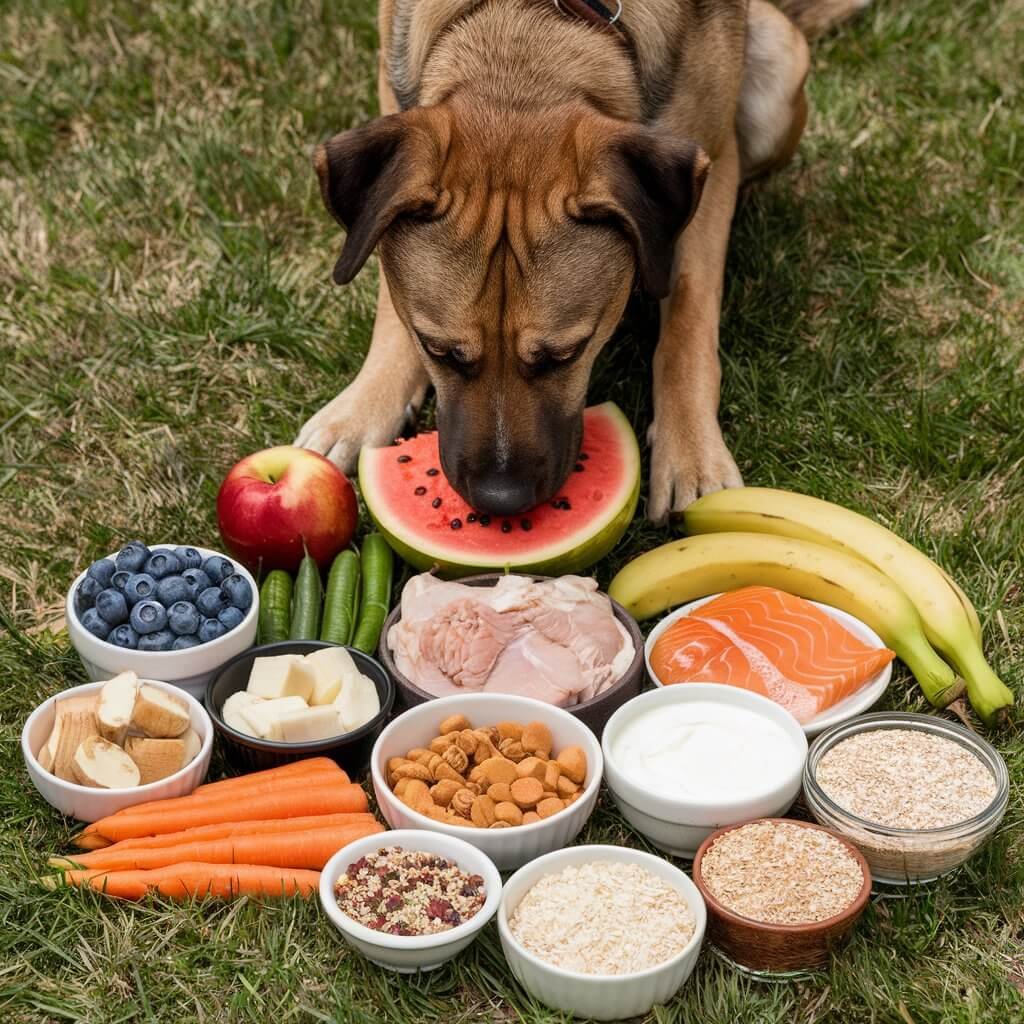
Fruits That Dogs Can Safely Eat
Fruits can be a nutritious and delicious treat for your dog, offering vitamins, antioxidants, and hydration. However, some fruits are toxic or harmful to dogs. Below are safe and unsafe options:
Safe Fruits For Dogs
Here’s a comprehensive list of fruits that dogs can safely enjoy as occasional treats:

1. Blueberries
Packed with antioxidants, vitamins, and fiber. Safe for dogs in small amounts as a healthy snack.

2. Apples
A great source of vitamins A and C and high in fiber. Remove the seeds and core, as seeds contain cyanide.
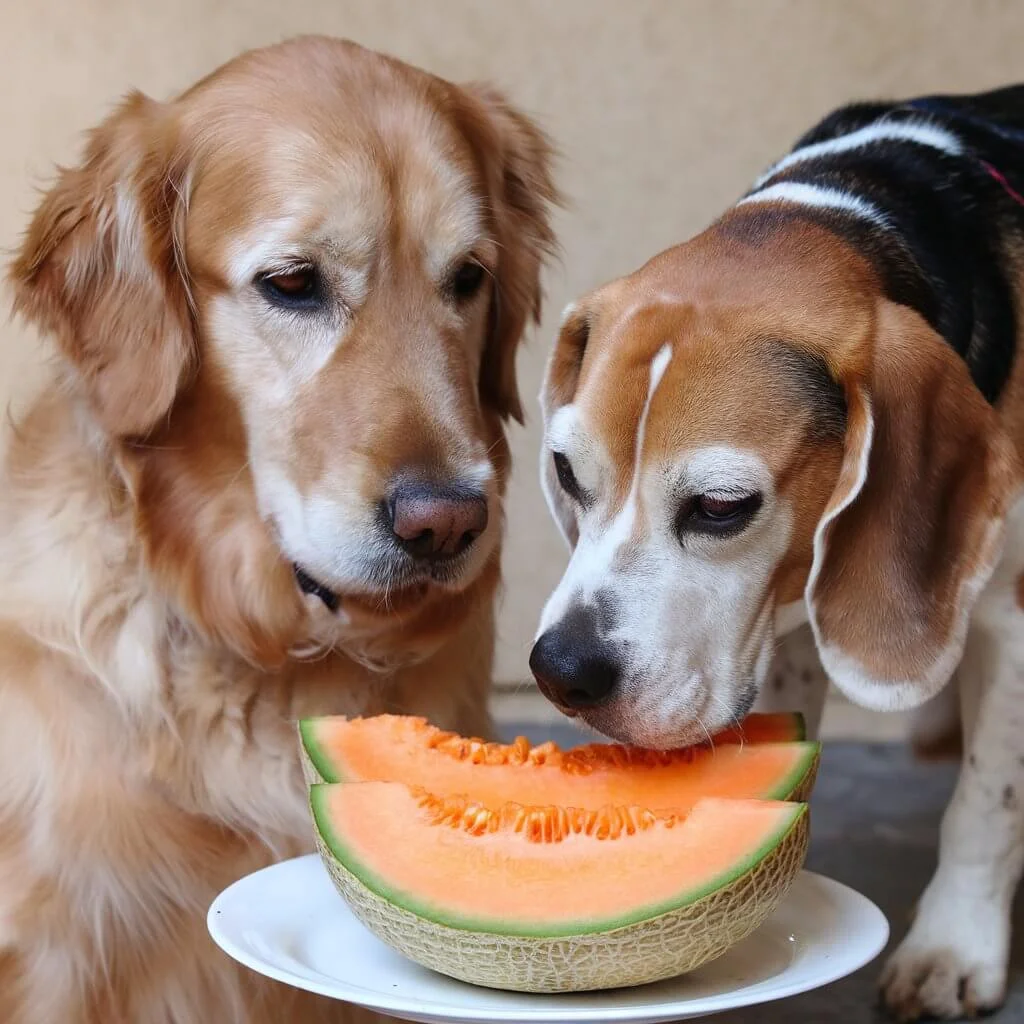
5. Cantaloupe
A low-calorie fruit with high water content, rich in vitamins A and C. Remove the seeds and rind before serving.
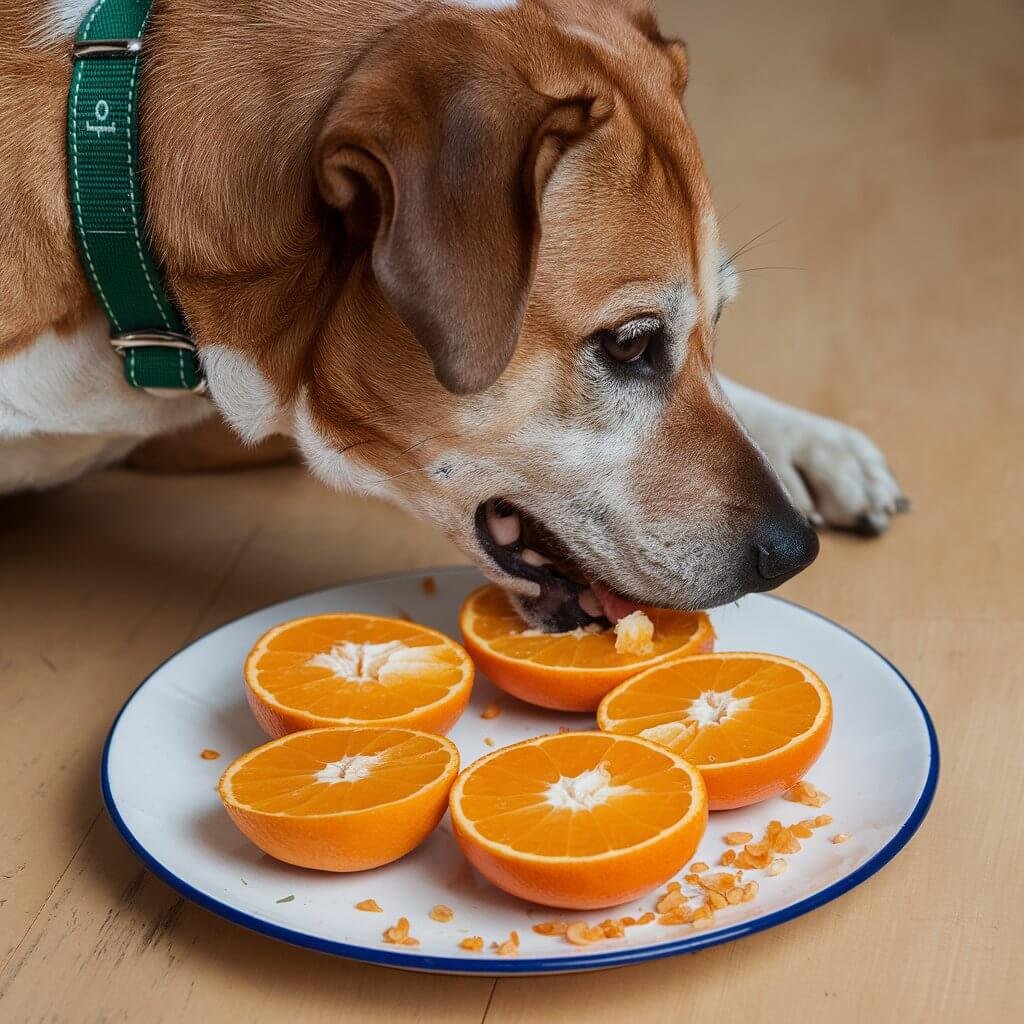
6. Oranges
Provide vitamin C and hydration. Remove the peel and seeds, and offer in limited amounts due to natural sugars.

11. Raspberries
Low in calories and high in antioxidants. Feed in moderation, as they contain small amounts of natural xylitol.
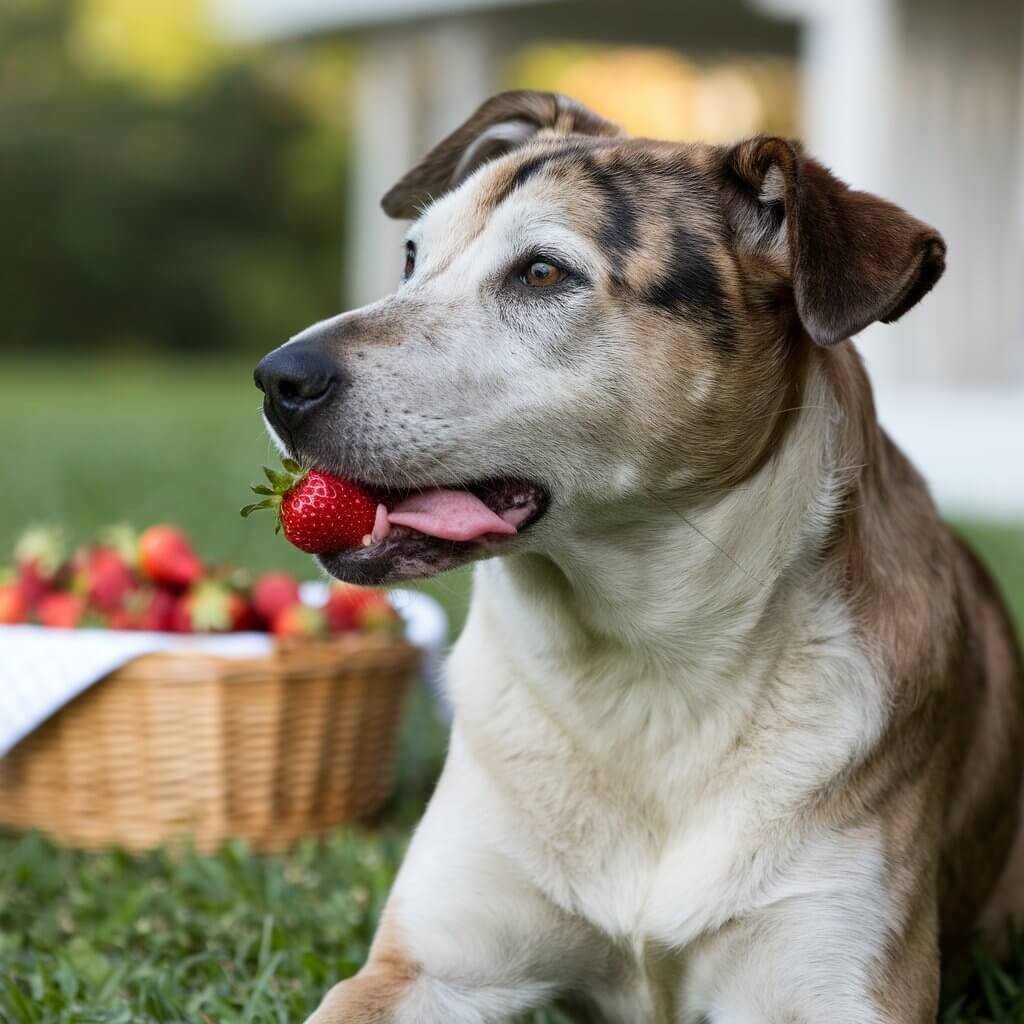
13. Strawberries
Full of antioxidants and fiber, supporting the immune system. Offer in moderation due to natural sugars.
Fruits to Avoid for Dogs
Not all fruits are safe for dogs. Some can be toxic or pose choking hazards. Here is a comprehensive list of fruits to avoid:
Vegetables Your Dog Can Eat
Vegetables are another great way to add nutrients to your dog’s diet. Many are low in calories and high in essential vitamins and minerals.
Safe Vegetables
Here’s an expanded list of vegetables that are safe and beneficial for dogs:
These vegetables can be served raw (where appropriate), steamed, or cooked without added salt, seasoning, or oil. Always introduce new vegetables gradually and monitor your dog for any adverse reactions.
Vegetables to Avoid
Some vegetables can be harmful or toxic to dogs and should be avoided. Here's a list of vegetables that are unsafe for canine consumption:
Proteins and Meats For Dogs
Protein is a cornerstone of your dog’s diet, essential for muscle development, tissue repair, and overall energy. While dogs thrive on protein, it's critical to choose the right sources and prepare them safely to ensure they benefit from this nutrient without exposure to harmful substances. Here's an in-depth guide to safe and unsafe proteins for dogs, including additional options to expand their diet.
Safe Proteins & Meats For Dogs
Chicken
Cooked, unseasoned chicken is one of the most versatile and digestible protein options for dogs.
It can be served plain, shredded, or as part of a balanced meal.
Avoid giving the skin (high in fat) or bones (can splinter and cause choking).
Turkey
Plain, fully cooked turkey is an excellent lean protein.
Turkey breast or ground turkey is ideal, as it contains less fat than dark meat.
Avoid turkey products with seasoning, sauces, or stuffing.
Fish
Salmon: High in omega-3 fatty acids, supporting skin, coat health, and joint health. Always cook salmon to eliminate parasites.
Sardines: A good source of omega-3s and calcium (when bones are soft and edible). Choose canned sardines in water without added salt.
Avoid giving the skin (high in fat) or bones (can splinter and cause choking).
Eggs
Cooked eggs (boiled or scrambled without seasoning) are a nutrient powerhouse containing protein, biotin, and essential fatty acids.
Avoid raw eggs to prevent the risk of salmonella or biotin deficiency over time.
Plain Greek Yogurt
Rich in probiotics, plain Greek yogurt supports gut health and digestion.
Use unsweetened, unflavored yogurt and avoid those containing artificial sweeteners like xylitol, which is toxic to dogs.
Beef
Lean cuts of beef (like ground beef with 10% fat or less) are protein-packed and rich in essential amino acids and minerals like iron.
Always cook beef to eliminate harmful bacteria and avoid added seasonings or sauces.
Lamb
A flavorful and nutrient-rich protein source, lamb is especially suitable for dogs with allergies to more common proteins like chicken or beef.
Serve cooked lamb, removing excess fat.
Pork
Plain, fully cooked pork is safe for dogs in moderation.
Avoid giving cured pork products like bacon or ham, which are high in salt and preservatives.
Organ Meats
Liver: A nutrient-dense option, liver is packed with vitamins A, B, and iron. Serve in small amounts to prevent over-supplementation of vitamin A.
Kidney and Heart: Also nutrient-rich, organ meats can be included as part of a balanced diet.
Proteins to Avoid
Raw Meat and Fish
Raw proteins can harbor bacteria like salmonella and parasites that may harm dogs. Always cook meat and fish thoroughly.
Processed Meats
Items like hot dogs, sausages, or deli meats are high in sodium, preservatives, and additives, which can lead to health issues like kidney problems or obesity.
Fat Trimmings and Greasy Cuts
High-fat cuts or trimmings can cause pancreatitis, a painful and potentially life-threatening condition.
Additional Safe Protein Sources
Duck
Duck is a rich, flavorful protein source and a great option for dogs with food sensitivities. Ensure it is cooked and served without the skin.
Venison
A lean alternative to beef, venison is ideal for dogs with allergies to common proteins. Use plain, cooked venison without sauces or seasonings.
Quail or Rabbit
These novel proteins are nutritious and often used in hypoallergenic diets. Cook thoroughly and remove bones before serving.
Cottage Cheese
Low-fat, plain cottage cheese is a great protein source, especially for dogs who tolerate dairy well.
Tofu (for plant-based alternatives)
Tofu is safe for dogs and provides protein, but it should not be their primary source of nutrition. Use in moderation.
Peanut Butter
A plant-based protein treat, peanut butter is safe as long as it’s unsalted and xylitol-free.
Tips for Including Proteins in Your Dog’s Diet
- Cooking Methods: Stick to boiling, baking, or grilling proteins without oils, seasonings, or spices.
- Portion Control: Proteins should be a part of a balanced diet, not the sole component. Adjust portion sizes based on your dog’s size, age, and activity level.
- Allergies: Monitor your dog for signs of food allergies (itching, vomiting, diarrhea) when introducing new proteins.
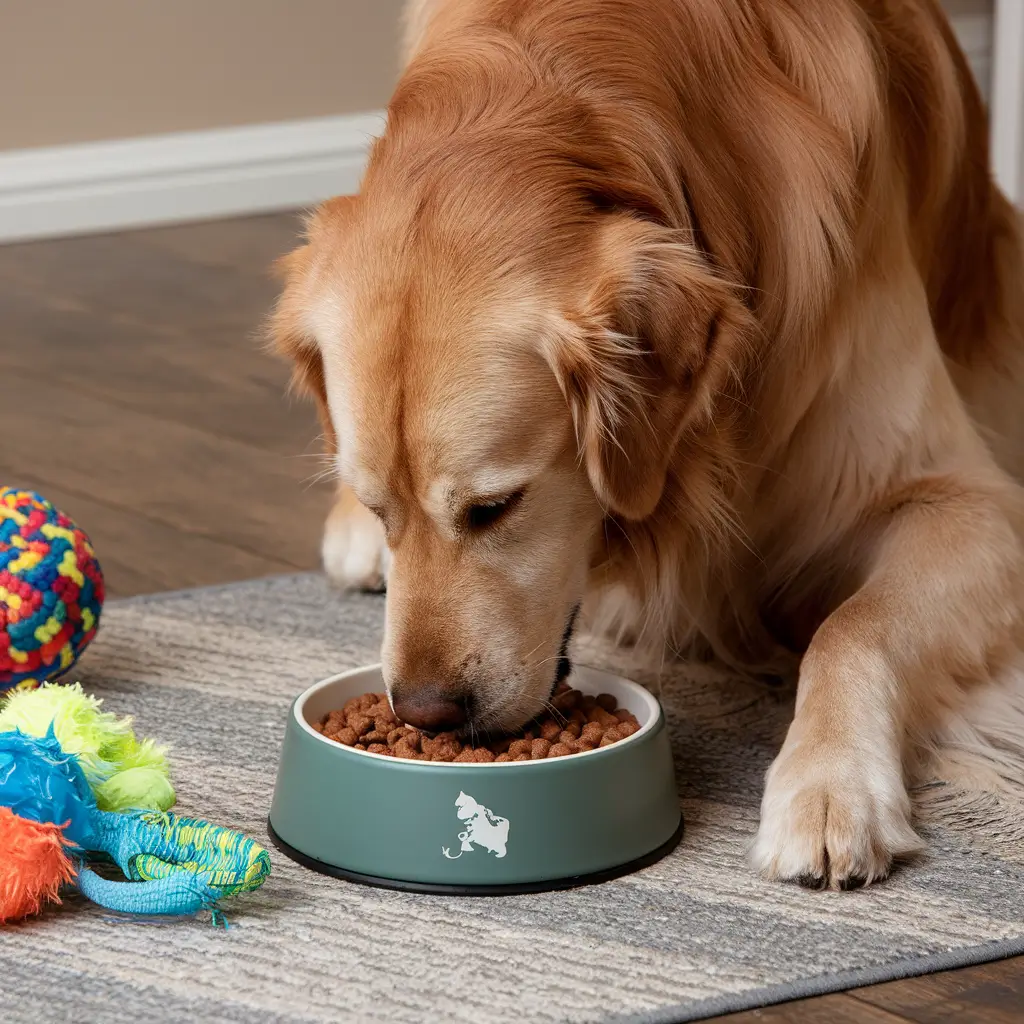
Grains and Carbohydrates for Dogs
Grains and carbohydrates can play an important role in a dog's diet, providing energy and essential nutrients like fiber, vitamins, and minerals. However, it's vital to choose options that are safe, properly prepared, and suited to your dog's nutritional needs. Here’s an expanded guide on safe and unsafe grains and carbohydrates for dogs.
Safe Grains and Carbohydrates for Dogs
Rice
White Rice: Easy to digest, it’s a common choice for dogs with upset stomachs. It provides quick energy but is lower in nutrients compared to brown rice.
Brown Rice: Rich in natural fiber, vitamins, and minerals, brown rice is more nutritious but may take longer to digest.
Oatmeal
A great source of fiber, oatmeal is especially beneficial for dogs with wheat allergies or digestive sensitivities.
Serve cooked and plain—no added sugar, milk, or flavorings like cinnamon.
Quinoa
A highly nutritious grain, quinoa is a complete protein containing all essential amino acids. It also provides fiber and minerals like magnesium and iron.
Cook thoroughly before serving to make it digestible.
Plain Bread
Plain, unsalted bread in moderation is safe for dogs.
Avoid bread containing raisins, garlic, onions, nuts, or artificial sweeteners like xylitol.
Sweet Potatoes
Cooked and plain, sweet potatoes are a fantastic carbohydrate source rich in beta-carotene, fiber, and vitamins. Avoid feeding raw sweet potatoes as they can be harder to digest.
Pumpkin
Cooked or canned plain pumpkin (not pie filling) is excellent for digestive health and a great source of fiber and vitamins A and C.
Barley
Cooked barley is a safe grain for dogs. It provides fiber and energy and can be an alternative to rice in recipes.
Couscous
This tiny pasta-like grain is safe for dogs when cooked plain. It’s low in fat and provides carbohydrates and some protein.
Potatoes
Boiled or baked potatoes (without seasoning or butter) are a good source of carbs and energy. Avoid raw potatoes as they contain solanine, which is toxic to dogs.
Millet
A gluten-free grain that is safe for dogs, millet is rich in fiber and easy to digest when cooked.
Cornmeal (Polenta)
Cooked cornmeal is safe for dogs and often used in homemade dog treats. However, whole corn kernels should be avoided as they are hard to digest.
Pasta
Plain, cooked pasta made from simple ingredients is safe in small quantities. Whole wheat pasta is a better option due to its higher fiber content.
Unsafe Grains and Carbohydrates for Dogs
Raw Dough
Contains yeast, which can expand in a dog’s stomach, causing painful bloating or even a life-threatening condition called gastric dilation-volvulus (GDV).
Sugary Cereals
High in sugar, these cereals can lead to obesity, diabetes, and other health issues. Many also contain artificial flavors and dyes that aren’t healthy for dogs.
Raisins or Grape-Containing Breads
Raisins and grapes are highly toxic to dogs and can cause kidney failure, even in small amounts.
Seasoned or Buttered Grains
Grains with added salt, butter, oils, or spices like garlic and onion should always be avoided as they can be toxic or upset your dog’s stomach.
Xylitol-Sweetened Foods
Xylitol, a common artificial sweetener in low-calorie baked goods and cereals, is highly toxic to dogs and can cause rapid drops in blood sugar, liver failure, or death.
Fried or Greasy Foods
Fried carbohydrates like potato chips or hash browns are loaded with unhealthy fats and salts, which can lead to pancreatitis, obesity, and digestive issues in dogs.
Flavored Rice or Pasta
Pre-packaged rice or pasta dishes often contain seasonings, garlic, onions, or high sodium levels, all of which can be harmful to dogs. Stick to plain, unseasoned varieties.
Corn on the Cob
While corn kernels are safe in moderation, the cob can cause choking or intestinal blockages if ingested. Always remove the kernels from the cob before offering corn to your dog.
Raw Potatoes
Contain solanine, a toxic compound. Always cook potatoes before feeding them to your dog.
Tips for Feeding Grains and Carbs to Dogs
- Portion Control: Carbohydrates should complement a balanced diet, not replace essential proteins or fats.
- Preparation: Always cook grains and carbs to make them digestible and safe for dogs.
- Monitor for Allergies: Introduce new grains gradually and observe your dog for any signs of food allergies, such as itching, vomiting, or diarrhea.
- Consult Your Vet: If your dog has a sensitive stomach or dietary restrictions, ask your vet before adding new grains or carbs to their meals.
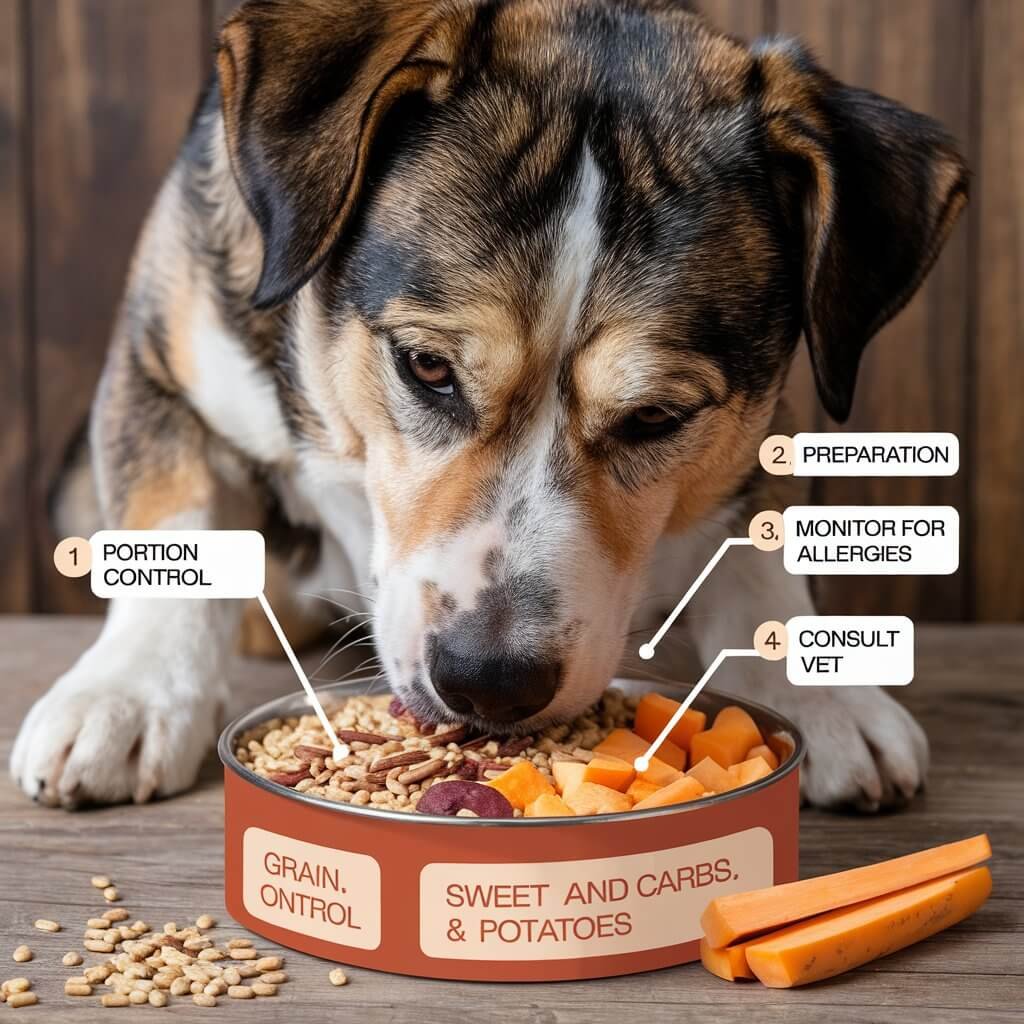
Can Dogs Eat Human Foods?
Treats and Snacks For Dogs
Occasional treats are a fun way to reward your dog, but they should always be given in moderation.
Safe Treats For Dogs
Cheese
Most dogs enjoy cheese, but some may be lactose intolerant. Offer small amounts to see how your dog reacts.
Carrot Sticks
Crunchy and low in calories, raw or cooked carrot sticks make an excellent snack. They are rich in vitamins like beta-carotene and are great for dental health.
Blueberries
Packed with antioxidants and vitamins, blueberries are a sweet and healthy treat for dogs. Serve fresh or frozen for a refreshing snack.
Unsafe Treats For Dogs
Onion and Garlic Snacks
Onion rings, garlic bread, or other foods containing onion or garlic (powder, raw, or cooked) can damage a dog's red blood cells, leading to anemia.
Raisin or Grape-Based Treats
Any snacks with raisins or grapes (e.g., trail mix, fruit cakes) are highly toxic and can cause kidney failure, even in small quantities.
Caffeinated Foods or Drinks
Coffee, tea, energy drinks, or caffeine-containing snacks can cause rapid heart rate, tremors, or seizures in dogs.
Chips and Salted Snacks
Potato chips, pretzels, and other salty snacks can lead to dehydration and sodium ion poisoning if consumed in large amounts.
Ice Cream
Regular ice cream often contains high sugar levels, artificial sweeteners (like xylitol), or chocolate, all of which are harmful to dogs. Opt for dog-safe frozen treats instead.
Avocado
Avocado contains persin, a substance toxic to dogs, especially in large amounts. The pit is also a choking hazard and can cause intestinal blockages.
Guidelines for FeedingHuman Food to Dogs
- Portion Control
Human food should make up no more than 10% of your dog’s diet. - Avoid Seasonings
Spices like salt, pepper, and garlic are harmful to dogs. - Know the Risks
Always research a food before offering it to your dog, especially if it’s new to their diet.
Foods to Monitor Closely Before Feeding
While some foods may not be outright toxic, they require special preparation or moderation to ensure your dog’s safety. These are the “proceed with caution” foods:
The Dangers of Feeding Table Scraps
Feeding table scraps might seem harmless, but it often introduces risks such as:
- Seasonings and Sauces
Many human meals are flavored with onion, garlic, salt, or spices that are harmful to dogs. Even small amounts can lead to severe health problems. - Fatty Foods
High-fat foods like bacon or fried items can cause pancreatitis, a painful and potentially life-threatening condition. - Obesity and Nutritional Imbalance
Regularly feeding your dog table scraps can lead to obesity and upset the careful nutritional balance of their diet.
Symptoms of Food Poisoning in Dogs
Recognizing the signs of food poisoning is critical if your dog accidentally consumes harmful foods. Common symptoms include:
- Vomiting or Diarrhea: Indicates digestive upset or poisoning.
- Lethargy: A lack of energy can signal an underlying problem.
- Excessive Drooling: A sign of nausea or toxin exposure.
- Seizures: Can occur after ingesting toxic foods like chocolate or xylitol.
- Abdominal Pain: Your dog may whimper, pace, or have difficulty lying down.
If your dog exhibits these symptoms, contact your veterinarian immediately.
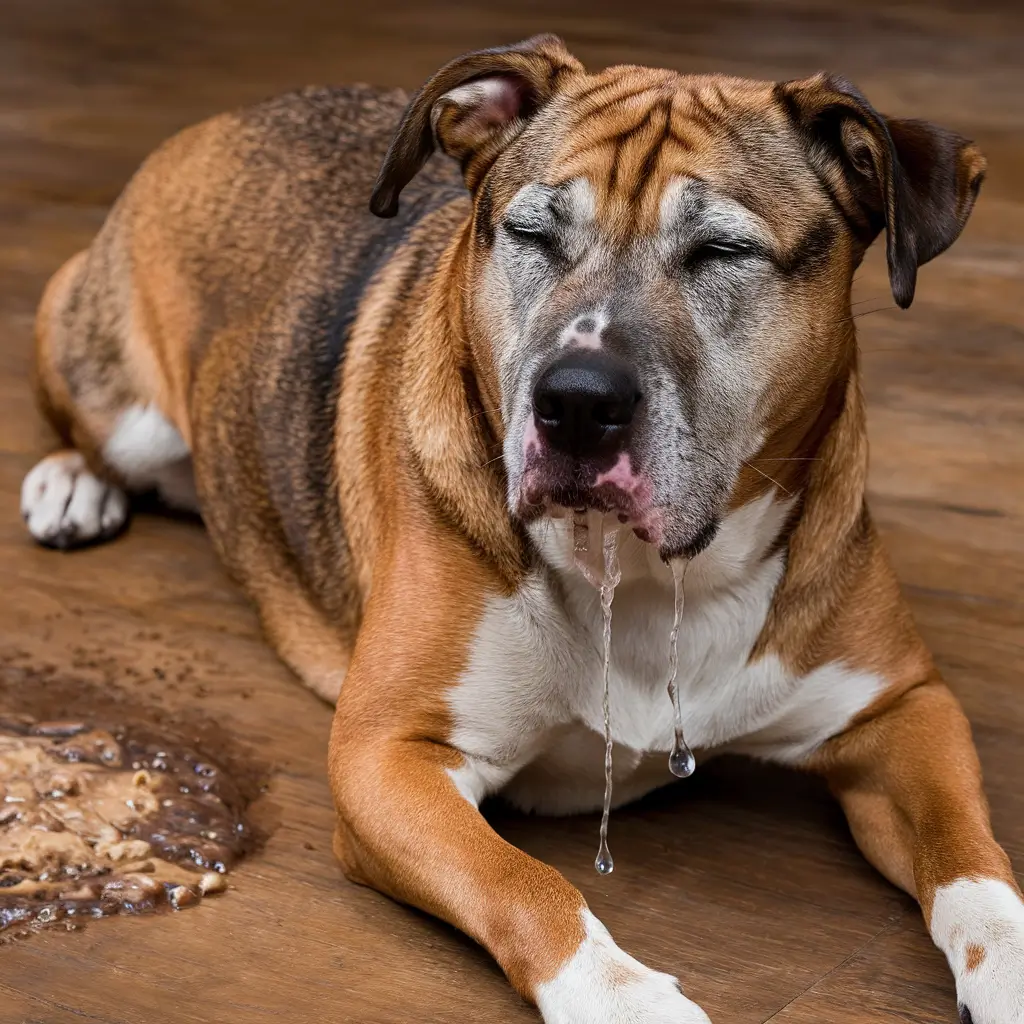
Healthy and Homemade Dog Treats
For pet parents who enjoy preparing food at home, there are many simple and safe recipes you can try. Here are a few ideas:
Are Human Foods Good For Dogs?
Understanding Toxic Ingredients in Common Foods
Some foods contain ingredients that are not immediately obvious but can be extremely harmful to dogs. These hidden dangers often lurk in processed or pre-prepared items.

1. Xylitol
A sugar substitute found in sugar-free gum, candies, and some baked goods, xylitol is incredibly toxic to dogs. It can cause a rapid release of insulin, leading to hypoglycemia (low blood sugar) and even liver failure. Symptoms include vomiting, lethargy, and loss of coordination.
2. Chocolate
Theobromine and caffeine in chocolate are dangerous stimulants for dogs. Dark and baking chocolates are especially potent and should never be offered. Even small amounts can cause vomiting, seizures, and heart issues.
3. Alcohol
Even tiny amounts of alcohol can lead to poisoning in dogs. Symptoms include vomiting, difficulty breathing, and central nervous system depression.


4. Caffeine
Found in coffee, tea, and energy drinks, caffeine can overstimulate a dog’s heart and nervous system, leading to hyperactivity, tremors, and potentially fatal complications.
5. Salt
Excessive salt intake can result in sodium ion poisoning, leading to symptoms like vomiting, diarrhea, tremors, and seizures.
6. Onions and Garlic
Found in many seasonings, sauces, and processed foods, onions and garlic (in any form—raw, cooked, powdered) are toxic to dogs. They can damage red blood cells, leading to anemia. Symptoms may include weakness, vomiting, and pale gums.

Human Foods That Can Kill Your Canine Companion
Emergency Steps if Your Dog Eats Unsafe Food
Accidents happen, and your dog may consume something they shouldn’t. Knowing how to act quickly can save their life.
- Identify the Food
Determine what your dog ate, how much, and when it occurred. - Call Your Veterinarian
Share all relevant details with your vet, including the suspected food and your dog’s symptoms. - Contact a Pet Poison Helpline
In emergencies, organizations like the ASPCA Animal Poison Control Center can provide immediate advice. - Do Not Induce Vomiting Without Professional Advice
Inducing vomiting can sometimes do more harm than good. Always consult a veterinarian before attempting this. - Monitor Symptoms Closely
Watch for any signs of distress, including vomiting, diarrhea, or changes in behavior. Seek medical attention promptly if symptoms worsen.
How to Introduce New Foods to Your Dog’s Diet
When introducing new human foods to your dog’s diet, proceed gradually to avoid upsetting their stomach.
Benefits of Feeding Dogs Human Foods
Incorporating safe human foods into your dog’s diet can have several benefits when done correctly:
- Improved Nutrition
Fresh fruits, vegetables, and lean proteins can provide additional vitamins and minerals. - Enhanced Hydration
Foods like watermelon and cucumber are hydrating and support overall health. - Better Digestion
Fiber-rich options, such as pumpkin and oatmeal, help regulate your dog’s digestive system. - Stronger Bond
Sharing healthy treats creates a bonding experience while rewarding good behavior.
What Human Food Can Dogs Eat Every Day?
While dogs should primarily eat a balanced and complete diet designed specifically for their nutritional needs, there are certain human foods that can safely be included in their daily meals. These foods not only add variety to their diet but also provide additional nutrients that can benefit their overall health. Below is a list of human foods dogs can eat daily in moderation.
1. Lean Proteins
Protein is essential for dogs as it helps maintain muscle mass, supports energy levels, and promotes overall health.
- Cooked Chicken or Turkey: Skinless, unseasoned, and cooked chicken or turkey is a safe and protein-rich option. Avoid fatty cuts or those with seasoning.
- Eggs: Scrambled or boiled eggs are an excellent source of protein and essential nutrients like biotin and selenium.
- Plain Greek Yogurt: Provides probiotics for gut health. Opt for unsweetened varieties without artificial sweeteners like xylitol.
2. Vegetables
Vegetables are a fantastic source of fiber, vitamins, and minerals. Dogs can eat them raw, steamed, or boiled, as long as no harmful seasonings or additives are used.
- Carrots: A crunchy snack that is great for dental health and rich in vitamin A.
- Green Beans: Low in calories and high in fiber, green beans are excellent for dogs needing to maintain or lose weight.
- Sweet Potatoes: Packed with beta-carotene and dietary fiber, sweet potatoes should be cooked and served plain.
- Broccoli: A source of vitamin C and fiber. Offer in small amounts to avoid gas.
- Spinach: Rich in iron and antioxidants. Cook lightly before feeding to aid digestion.
3. Fruits
Fruits provide natural sweetness and essential nutrients. Serve in moderation, as fruits are high in natural sugars.
- Blueberries: Full of antioxidants and vitamins, these are excellent for brain health.
- Apples: Remove seeds and core before offering slices rich in vitamins A and C.
- Bananas: A great source of potassium and magnesium. Feed in small portions to prevent excess sugar intake.
- Watermelon: Hydrating and loaded with vitamins A, B6, and C. Remove seeds and rind first.
4. Grains and Carbohydrates
Grains and carbs can be part of a balanced diet, especially for dogs with high energy needs.
- Brown Rice: Easily digestible and great for dogs with sensitive stomachs. Cook thoroughly before serving.
- Oatmeal: High in fiber and suitable for dogs with wheat allergies. Prepare plain and avoid flavored varieties.
- Quinoa: A complete protein that provides additional nutrients and energy.
5. Healthy Fats
Healthy fats contribute to a shiny coat, skin health, and energy levels.
- Fish: Cooked salmon or sardines are rich in omega-3 fatty acids, which support heart and joint health.
- Coconut Oil: A small amount of coconut oil can promote healthy skin and digestion.
6. Treats for Everyday Use
Daily treats should be safe, low-calorie, and nutritious. Use them as rewards or to supplement meals.
- Peanut Butter: Ensure it’s unsalted and free of xylitol. Great for stuffing toys or encouraging chewing.
- Plain Popcorn: Air-popped and unsalted, popcorn makes a light and fun snack.
- Cucumber Slices: Hydrating and low in calories, ideal for dogs with weight concerns.
Dogs Daily Feeding Guidelines of Human Foods
- Portion Control: Keep human food portions small and consider your dog’s size, age, and activity level.
- Balance: Human foods should not replace a complete dog diet but serve as a supplement to their regular meals.
- Monitor Reactions: Watch for any signs of food intolerance, such as vomiting, diarrhea, or itching, when introducing new foods.
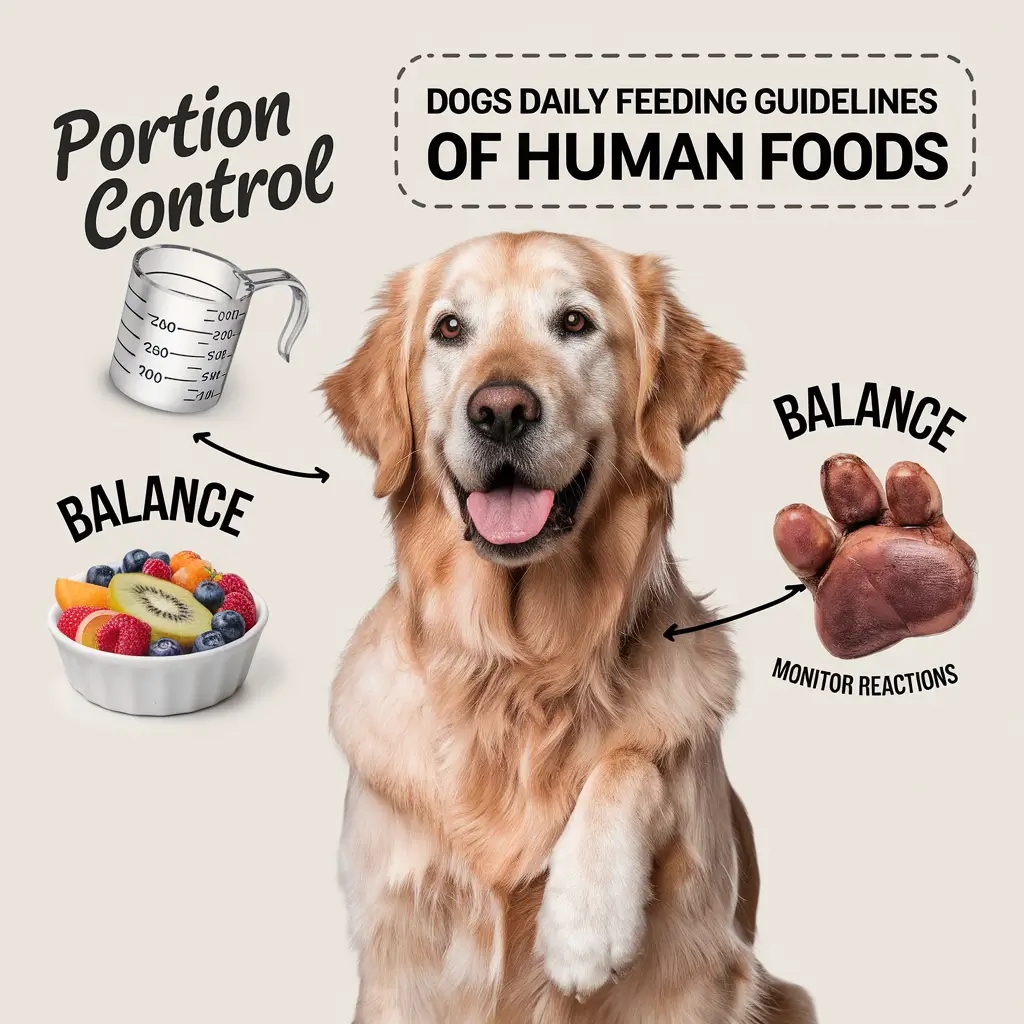
Pros and Cons of Feeding Dogs Human Food
Feeding dogs human food can be tempting, especially when they give you those pleading eyes during mealtime. While some human foods are safe and beneficial for dogs, others can pose significant risks. Below, we explore the pros and cons of incorporating human food into your dog’s diet.
Pros of Feeding Dogs Human Food
1. Fresh and Natural Ingredients: Unlike some processed dog foods, many human foods are free of artificial preservatives, colors, and fillers, making them a healthier alternative in moderation.
2. Adds Variety to Their Diet: Including safe human foods can prevent boredom with commercial dog food. Dogs often enjoy new textures and flavors, which can make mealtime more exciting.
3. Useful for Rewards and Training: Small amounts of human food, such as cheese or boiled chicken, can serve as high-value rewards during training sessions, motivating your dog to learn commands or tricks.
4. Nutritional Benefits: Certain human foods are rich in nutrients that are also beneficial for dogs.
- Fruits and Vegetables: Foods like carrots, blueberries, and spinach provide vitamins, antioxidants, and fiber.
- Proteins: Lean meats, eggs, and fish offer high-quality protein and essential amino acids.
- Healthy Fats: Omega-3 fatty acids in salmon and sardines can improve coat quality and joint health.
5. Helps with Specific Health Issues: Certain human foods can help manage specific health concerns:
- Plain Pumpkin: Eases digestive issues like constipation or diarrhea.
- Rice and Boiled Chicken: A gentle meal for dogs recovering from stomach upset.
- Plain Greek Yogurt: Supports gut health with probiotics.
Cons of Feeding Dogs Human Food
1. Risk of Toxic Foods: Not all human foods are safe for dogs. Some common items, like chocolate, grapes, onions, and foods containing xylitol, can be highly toxic and even fatal.
2. Unbalanced Nutrition: Feeding too much human food can disrupt the nutritional balance provided by commercial dog food. Dogs require specific proportions of protein, fat, and carbohydrates that may not be met with human food alone.
3. Risk of Overfeeding and Obesity: Human food often contains higher calories than necessary for dogs. Overfeeding can lead to obesity, which increases the risk of diabetes, joint issues, and heart disease.
4. Encourages Begging and Bad Habits: Sharing your food can teach your dog to beg at the table or become overly fixated on your meals. This behavior can be annoying and difficult to correct.
5. Digestive Upset: Some human foods, even if safe, can cause gastrointestinal distress, such as vomiting or diarrhea, especially when introduced suddenly or in large quantities.
6. Hidden Ingredients and Additives: Processed human foods often contain harmful ingredients like salt, sugar, artificial sweeteners (xylitol), and spices, which are unsafe for dogs.
Key Considerations When Feeding Dogs Human Food
- Moderation is Key
Human food should make up no more than 10% of your dog’s daily caloric intake to avoid nutritional imbalances. - Avoid Harmful Foods
Educate yourself about toxic foods such as chocolate, avocados, grapes, and foods with artificial sweeteners or excessive salt. - Consult Your Veterinarian
Always consult your vet before making significant changes to your dog’s diet, especially if your dog has specific health issues or dietary needs. - Introduce New Foods Gradually
Start with small portions and monitor your dog for any adverse reactions, such as allergies or digestive upset. - Stick to Natural, Plain Foods
Avoid seasonings, oils, or sauces when offering human food to your dog.
Final Thoughts Feeding Dogs Human Food Responsibly
Feeding your dog human food can be a rewarding experience when done with caution and knowledge. Always prioritize your pet’s safety by researching every food before sharing it with them. Remember, moderation is key, and your dog’s primary nutrition should come from a balanced, veterinarian-approved diet.
By understanding the do’s and don’ts of feeding human foods, we can ensure our furry companions stay healthy, happy, and safe.
FAQs: What Human Food Can Dogs Eat?
Yes, dogs can eat apples! Apples are a healthy snack rich in vitamins A and C and fiber. Just make sure to remove the seeds and core, as these can be harmful.
Yes, carrots are safe for dogs. They’re low in calories, high in fiber, and great for their teeth when given raw.
Yes, plain, cooked chicken is safe for dogs and often used as a source of lean protein. Avoid seasonings, sauces, and bones.
Yes, plain white or brown rice is safe and can help soothe a dog’s upset stomach. Avoid adding butter, salt, or spices.
Yes, as long as it’s unsweetened and does not contain xylitol (a toxic artificial sweetener). Peanut butter is a tasty treat packed with protein and healthy fats.
Yes, cooked eggs are a good source of protein and can support healthy skin and coat. Avoid raw eggs due to the risk of salmonella.
Yes, blueberries are a great low-calorie treat loaded with antioxidants, vitamins, and fiber.
Yes, but in moderation. Many dogs love cheese, but too much can cause digestive issues, especially for lactose-intolerant dogs.
Yes, cooked and plain sweet potatoes are an excellent source of vitamins and fiber. Avoid raw sweet potatoes as they can be hard to digest.
Yes, plain, cooked fish like salmon or whitefish is safe and packed with omega-3 fatty acids, which are great for skin and coat health. Avoid fish with small bones.
Yes, plain, unsweetened yogurt can be a healthy treat and a source of probiotics. Avoid flavored yogurts or those with artificial sweeteners like xylitol.
Yes, plain bread in small amounts is safe, but it has little nutritional value. Avoid bread with raisins, garlic, or onion.
Yes, dogs can eat watermelon, but remove the seeds and rind first. It’s a hydrating, low-calorie snack.
Yes, plain cooked or canned pumpkin (not spiced) is excellent for digestion and can help with diarrhea or constipation.
Yes, plain, air-popped popcorn without butter or salt is safe in moderation. Avoid flavored or microwave varieties.


